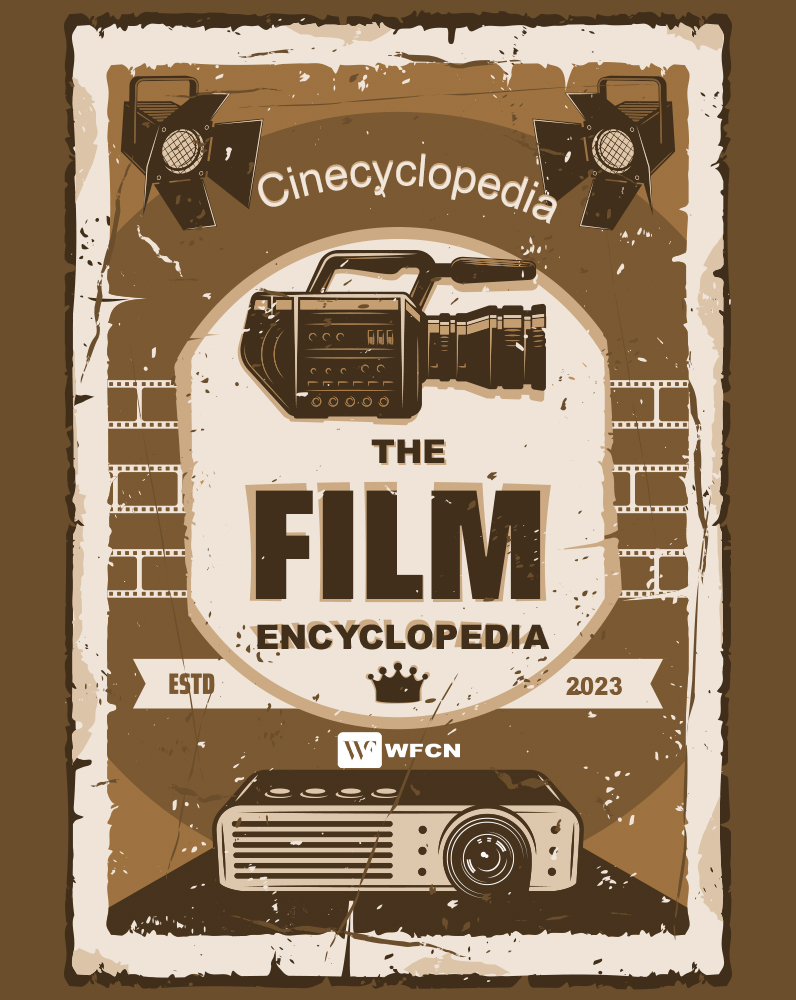Film Festival
Created on : October 25, 2023 15:13 | Last updated on : January 18, 2024 14:44
Denotation
Film festivals are gatherings, often yearly, with the aim of assessing recently released or exceptional films. Filmmakers, distributors, critics, and other interested parties can meet and watch films at the festivals, which are sponsored by individual promoters, national or local governments, the film industry, service organizations, and experimental film groups.

Introduction
A Film Festival is a planned, multi-day film exhibition that takes place in one or more theaters or other locations, generally in a single city or area. More and more film festivals are showcasing outdoor films. The films might be recent releases or domestic and foreign releases, depending on the festival's theme. Certain film festivals concentrate on a particular director, film genre (such as horror films), or topic. Number of film fests that are showing only short films, don’t select movies over certain duration. Usually, film fests take place once a year. Film festivals are not regarded by certain film historians, such as Jerry Beck, as the official release of the movie.
The Venice Film Festival is the oldest film festival in the world. The big five film festivals are the most esteemed in the world that includes (Venice, Cannes, Berlin, Toronto and Sundance).
History of Film Festival
The Venice Film Festival in Italy began in 1932 and is the oldest film festival of the world.
The Yorkton Film Festival was founded in 1947 and is the oldest and most prestigious short film festival in North America. The Columbus International Film & Video Festival, often referred to as The Chris Awards, took place in 1953 and was the country's inaugural film festival. "The Chris Awards is one of the most prestigious documentary film festival in the U.S.A. It is the oldest of its kind in North America and celebrating its 54th year, according to the Film Arts Foundation in San Francisco.
The San Francisco International Film Festival, which focused on feature-length dramatic films, took place in March 1957, four years later. The festival was largely responsible for bringing international cinema to US viewers. The inaugural year's cinematic offerings featured Pather Panchali by Satyajit Ray and Throne of Blood by Akira Kurosawa.
There are thousands of film contests held all over the world these days, ranging from well-known events like the Sundance Film Festival and Slamdance Film Festivals to horror events like the Terror Film Festival in Philadelphia and the Park City Film Music Festival, which is the first film festival in the United States honoring music in motion pictures.
Film financing contests, like Writers and Filmmakers, were launched at a time when production costs could be drastically reduced and internet technology enabled cooperative filmmaking.
The COVID-19 epidemic has caused a considerable evolution in film festivals. Virtual or hybrid festivals were chosen. The film business, which was already experiencing significant disruption from streaming services, has seen yet another significant change. Films that are screened at festivals now have even less time before they are released online.
Objectives of Film Festivals
One essential link in the chain of international cinema culture is the film festival. The most accessible art form is cinema, which is made possible by the Internet and employs language best suitable for its target audience. Film fests have the power to uphold and strengthen freedom, democracy, and peace.
Global digitalization has caused film festivals an amazing instrument for bridging communication gaps from even the most remote locations. Film festivals are assisting on the front lines of a world that
is becoming more and more divided. They allow to hear a vast diversity of voices from the split territories since they speak several languages. Compared to TV news, the information you receive is far more sophisticated, and you have the opportunity to talk with the subjects or witnesses directly.
Therefore Film festivals captivate viewers and maintain their enthusiasm for moving pictures.
Significant Film Festivals
The festivals that are regarded as the "Big Five" are listed chronologically according to their foundation:
. Berlin International Film Festival
. Toronto International Film Festival
The most well-known Film Festivals in North America is the Toronto International Film Festival. Time stated that it has "grown from its place as the most influential fall film festival to the most influential film festival, period".
The largest film festival in the US is said to be the Seattle International Film Festival, which often screens more than 400 films around the city in a single month.
A few film festivals have prioritized showcasing particular subjects or issues. Both indie and popular films have been screened at these festivals. Human rights film festivals, health-related film festivals, and military film festivals are a few examples.
Films created by or about different ethnic groups and nations, as well as films from a particular foreign country, are featured in festivals, particularly in the US. Among them are Native Americans, African Americans, Asian Americans, Mexican Americans, Arabs, Italians, Germans, French, and Palestinians. American film is the focus of the Deauville American Film Festival in France. Women's and LGBTQ+ film festivals are also well-liked.